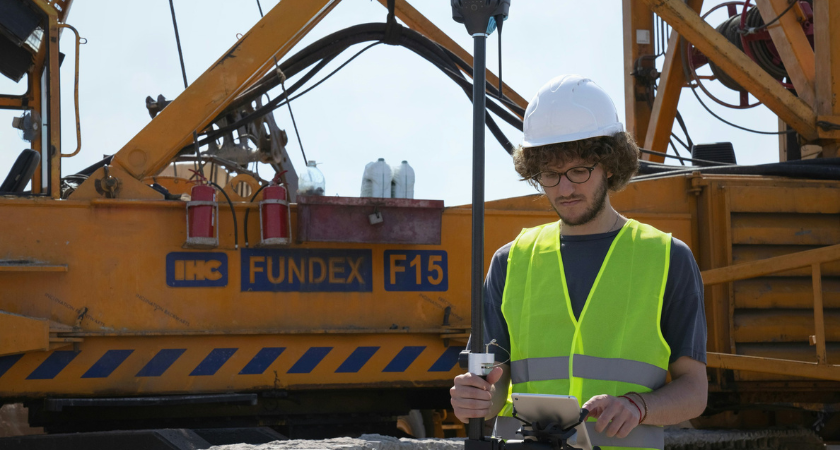
Florida — The U.S. Department of Labor has announced a major shift in federal construction wage policy, reducing Davis-Bacon prevailing wage rates for projects at Cape Canaveral. The change replaces the long-standing Cape Canaveral wage determination with the significantly lower Brevard County standard, a move labor leaders say will undermine decades of union-won standards and erode worker bargaining power.

For decades, Cape Canaveral — which includes the Air Force Station, Patrick Air Force Base, Kennedy Space Center and Malabar Radar Site — operated under a wage determination that reflected strong union-negotiated rates across all job classifications. These standards ensured that federal contractors were required to pay fair wages and benefits, helping high-road employers compete while providing local workers with family-sustaining paychecks.
But as of July 4, 2025, the Department of Labor eliminated that system, shifting workers onto Brevard County’s rates — most of which have not been meaningfully updated in over a decade and sit far below union benchmarks.
“Unfortunately, this is a decision that will affect SMART members in the near future and for many years ahead,” said SMART General President Michael Coleman. “The high standards contractors previously met at Cape Canaveral have now been lowered, opening the door for companies to bid on work without paying workers what they deserve. That’s the immediate impact. And in future negotiations, local unions in the area won’t have the foundation of strong prevailing wages to stand on when bargaining for the pay and benefits that our members earn.”
Coleman stressed the broader impact on America’s space and defense construction workforce. “SMART members and their fellow construction workers at Cape Canaveral are doing vital work to support our nation,” he said. “Undermining that just doesn’t make sense.”
Prevailing wage laws like Davis-Bacon ensure that contractors on federally funded projects can’t undercut local pay scales, protecting community standards and helping unions negotiate fair contracts. When rates are lowered, it creates downward pressure on wages and benefits, allowing low-road contractors to compete by cutting labor costs rather than delivering quality work.
Across the U.S., prevailing wage protections are seen as essential tools to ensure skilled, well-trained construction workers are fairly compensated. Union leaders warn that the new Cape Canaveral policy risks turning back progress and setting a precedent for other federal projects.
The decision also highlights stark differences between U.S. and Canadian labor policy. In Canada, government investment tax credits for green technology, hydrogen, and carbon capture projects are tied to some of the strongest prevailing wage and apprenticeship standards in history.

To qualify, employers must ensure at least 10% of total work hours are performed by registered apprentices and all construction workers are paid prevailing wages — including benefits and pensions.
“It’s simple: Thanks to these incredibly strong standards, SMART Canada members will be put to work and Canadian families will benefit. No question,” Coleman said. “We applaud the Government of Canada for putting working families first, and we will continue to work with state and federal governments in the U.S. to win policies that benefit our members and their families.”
The rollback at Cape Canaveral comes as construction demand in Florida is booming, particularly for defense, aerospace, and space-related projects. Labor advocates argue that lowering standards not only harms workers but also risks undermining quality, safety, and long-term competitiveness in one of the nation’s most critical sectors.
As Coleman noted, the fight for prevailing wage is about more than immediate paychecks — it’s about maintaining bargaining power for future generations of workers. “When prevailing wage rates are strong, local unions can negotiate fair contracts. When they’re weakened, it becomes harder to defend the wages, benefits, and training standards that support working families.”
Originally reported by Smart.